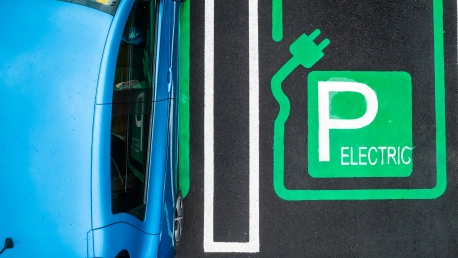The transition from fossil fuels to electric vehicles (EVs) marks a significant shift in how we think about transportation. As EVs become more prevalent, the need for efficient and widespread EV charging infrastructure becomes crucial. Addressing the economics of EV charging stations is vital for ensuring a smooth transition to electrification. The cost-effective deployment and operation of these stations hinge on several factors, including technology, policy, and consumer behavior.Improved battery technology and faster charging times are reducing range anxiety, but the economic viability of charging stations is still a challenge. Charging station operators must balance pricing and accessibility to attract EV drivers while ensuring they can recoup their significant investments in hardware and electricity costs. Government incentives and partnerships with businesses can subsidize these costs and encourage broader adoption. Additionally, the integration of renewable energy sources can offset electricity expenses and appeal to environmentally conscious consumers.









